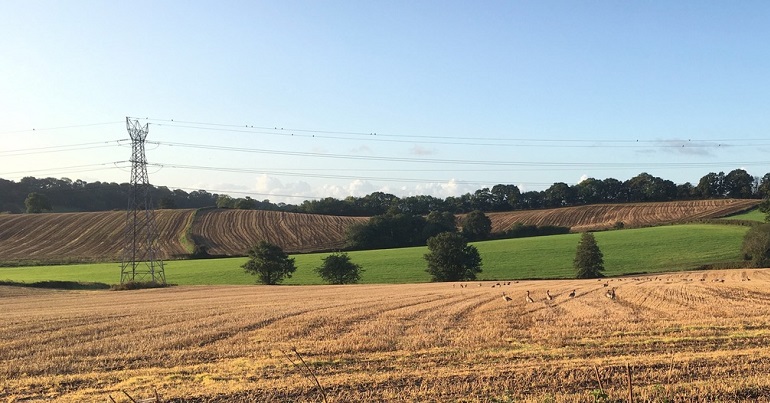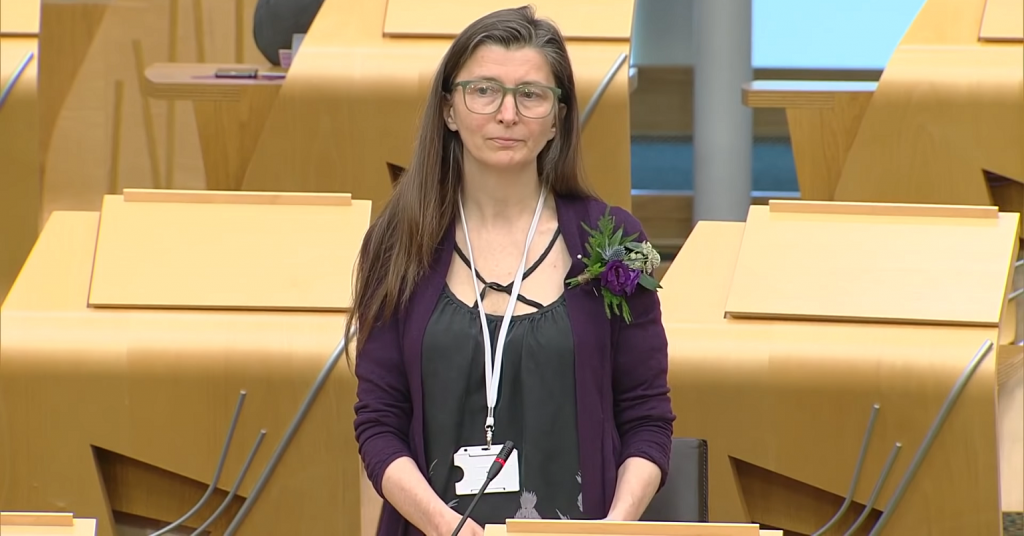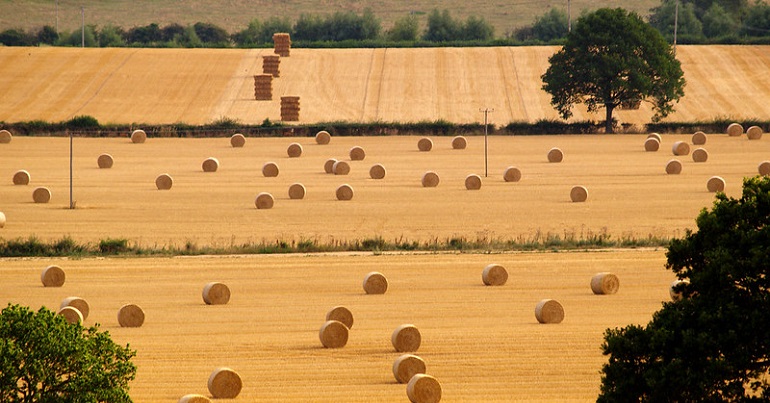Securing sustainability through transforming how we use land

In our article on 14 June, “Reforming land is crucial to a sustainable society”, we outlined the complex picture that is the competing priorities for land use, on our small islands. However, the Green Party is not shying away from trying to tackle the knotty problem of how we prioritise land use for climate change and biodiversity, whilst securing future food production and supplying housing to meet our needs.
It seems clear that the government’s back-of-a-fag packet plan to build build build, with land conveniently packaged into land suitable for development, “renewal”, or protected is doomed to not deliver the transformation change that is required to meet our commitments under the Climate Change Act 2008, let alone the Green Party’s zero carbon ambition – and biodiversity doesn’t get a mention. Factory farming will not help the UK, which is recognised as being one of the most nature depleted countries in the world. We must start to respect nature. Nothing has more clarified the urgency of this than the Covid pandemic, where human incursion into land that should be left for nature has hit back – and epidemiologists tell us this is definitely the thin end of the wedge. We should heed the warning signs.
We can make the land we regard as working for us work better, by sharing it with nature. It’s a win-win. The Green Party’s vision is for land to work to increase biodiversity, which means it will have to be used for multiple purposes … and climate change will be at the forefront of our plans. What should our farming system look like in 2030? Do we really need to use up our land by building 300,000 new homes a year? Or could we secure our needs by a new approach; or by improving , converting or bringing back into use vacant dwellings? How should we manage our land to maximise greenhouse gas sequestration? Business as usual is simply not an option. Research has shown that agro-ecology and green infrastructure, buildings and landscapes adapted to accommodate wildlife and generate power, resilience and adaptation to climate change should be the order of the day.
The Green Party’s Land Use Policy working group are therefore seeking contributions to this debate, based around our Land Use Policy Framework. This rather simplistically categorises land into the major UK uses and asks for broad ideas of how we might need to change these to achieve our objectives. For example, might our nutritional and trade requirements be better met by reducing the amount of cropland and growing more fruit and nuts? Should the cropland be shared with food-producing trees? It is widely accepted that eating as much meat as we do is bad for us – how much of our land should we continue to dedicate to livestock? Should animals be grazed at lower densities in an environment that encourages scrubland and re-wilding?
This is a long term exercise and one size will not fit all. Once the call for senarios closes on 18 September, the discussion about options will continue into early next year. Activists and elected representatives (or councillors) will then need to collaborate to translate these national scenarios into more localised plans. Difficult choices will need to made – scenarios will need to be backed up by peer reviewed references, and it might be that some solutions will work better for some parts of the country than others. Having a national land use change plan will enable the climate change impacts to be calculated.
If you have a vision on how we could radically transform our approach to land use – we want to hear from you! Please take a look at the Policy Framework at on Green Party Members website or contact the land use policy working group via policy@greenparty.org.uk
Our consultation on creating scenarios for land use has opened and runs until 18 September.
PS. We hope you enjoyed this article. Bright Green has got big plans for the future to publish many more articles like this. You can help make that happen. Please donate to Bright Green now.




Why won’t you answer my question? Why did the green party in Wales vote overwhelmingly against establishing itself as an independent party as is the case in Scotland?
Robert, they won’t answer, because they are trying to obscure the fact that their membership is overwhelmingly English and Wales to them is little more than an experimental playground.